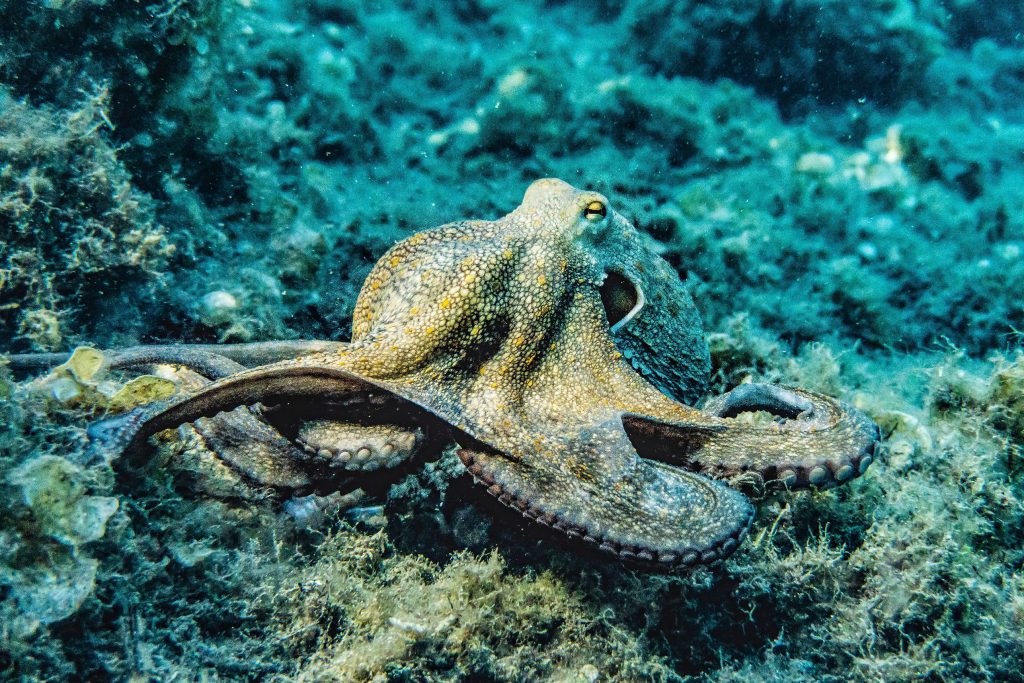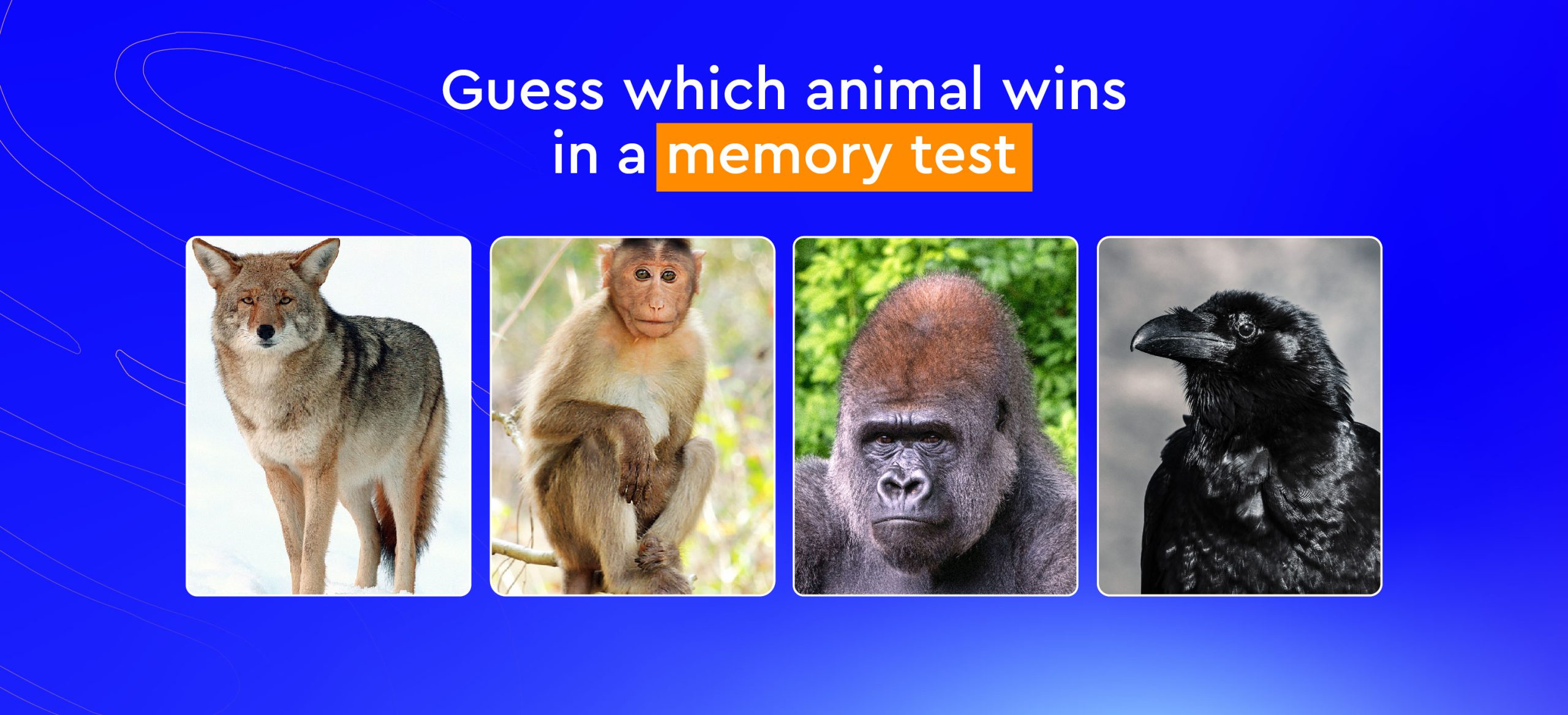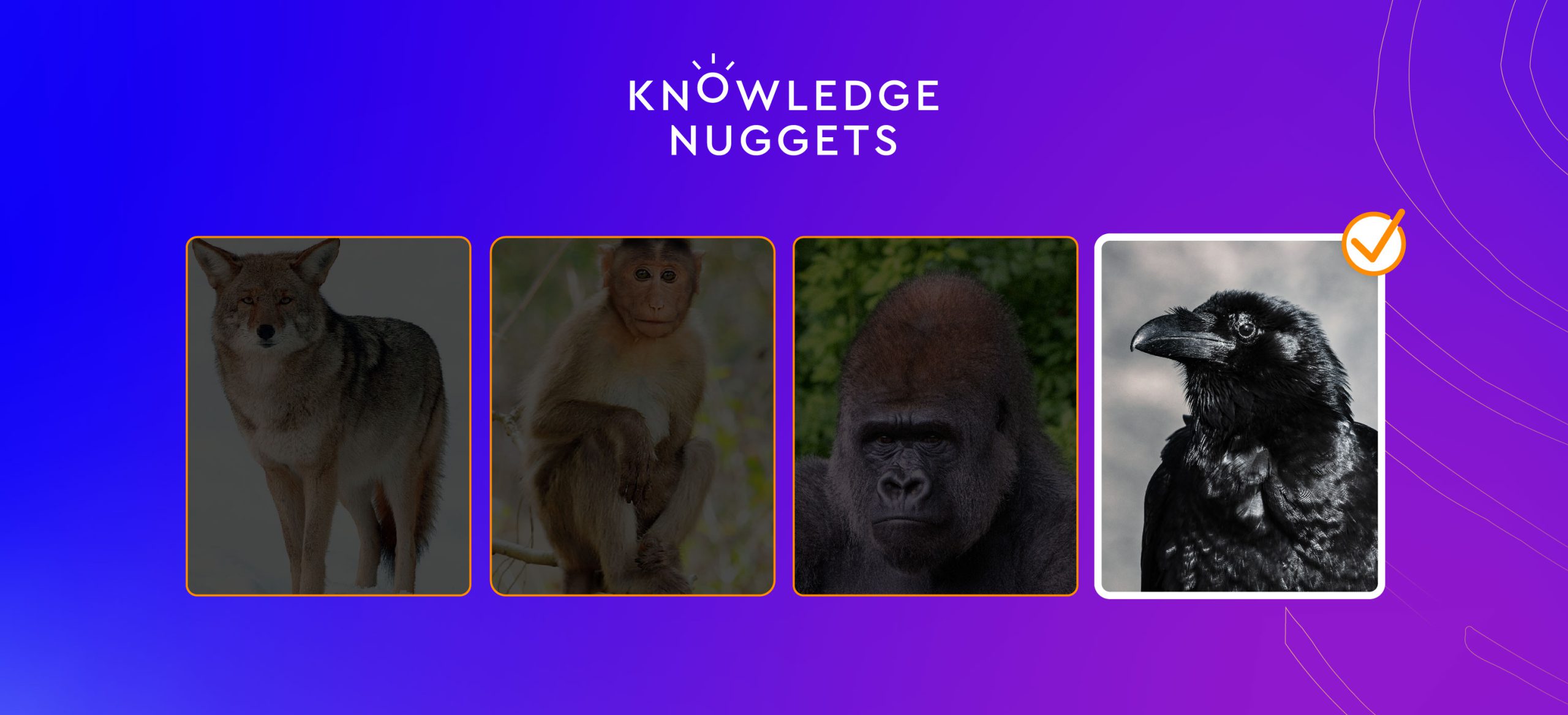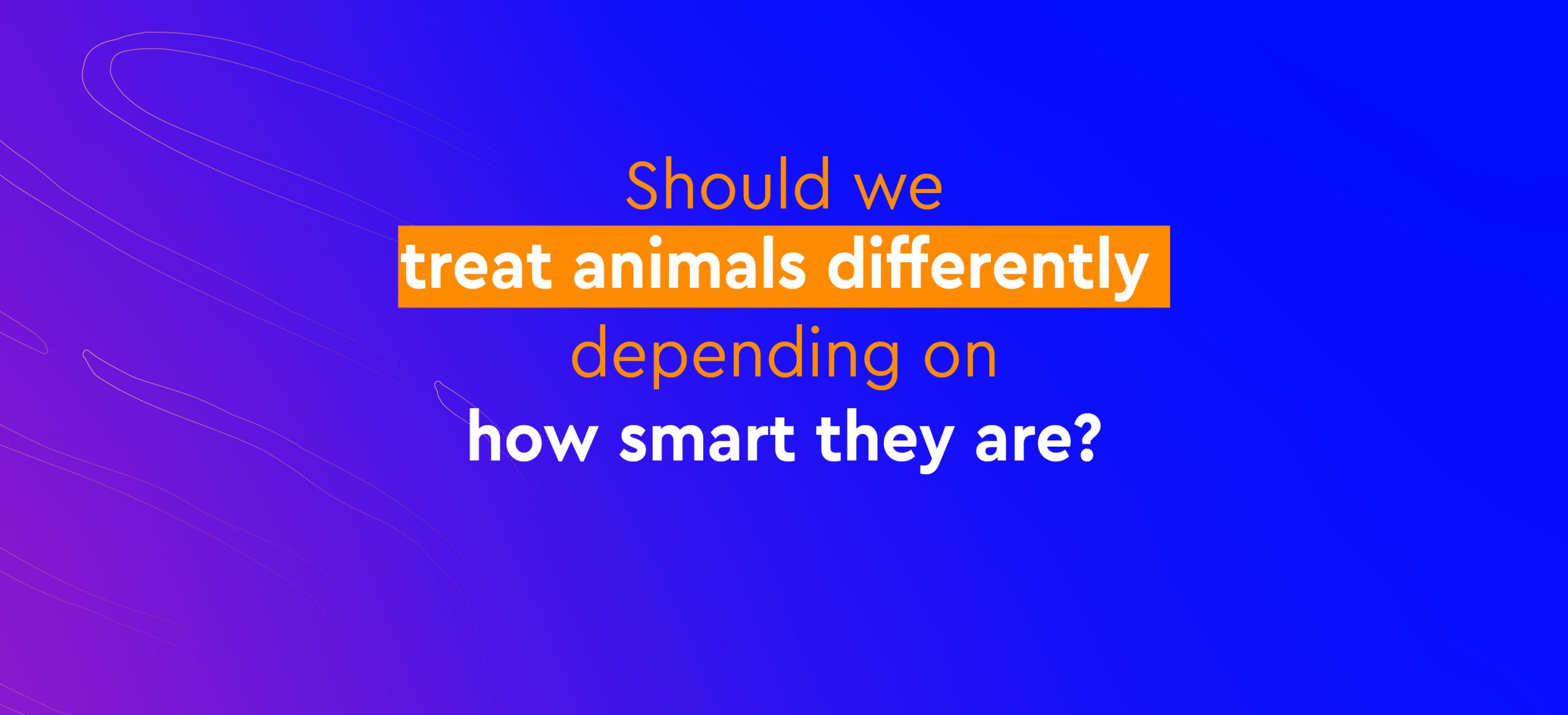

Do You Need a Big Brain to Be Intelligent?
Do You Need a Big Brain to Be Intelligent?
Vastly different kinds of brains can produce highly intelligent creatures. And no, size doesn’t always matter
To better understand the intelligence of different species, researchers devised a test to measure their memory. Amazingly, ravens performed better on the test than macaques, coyotes, and even gorillas! It turns out that ravens’ brains are extremely dense, packing a massive number of neurons into a small volume. This shows that vastly different kinds of brains can produce highly intelligent creatures.
Take the bee for example. Most bee brains are smaller than a grain of rice; however, studies show that bees have high learning and communication skills. In 2017, researchers showed that bumblebees can even learn to use tools – they were trained to see that a ball could be used to produce a reward. These bees then spontaneously rolled the ball when given the chance, and taught other bees to do the same. Moreover, the bees did not just copy others but actually improved upon learning.

Another very different kind of brain is the cephalopod’s. These invertebrates have evolved large nervous systems – the common octopus has about 500 million neurons in its body (that’s around the same amount as rabbits). These animals have been found to display high cognitive abilities even in circumstances very different from their natural environment. They can open screw-cap jars for food, turn off the lights by throwing jets of water at the bulbs when no one is watching, and even recognize different human individuals (which is remarkable knowing that in the wild they are very solitary). All of this is done with a nervous system very different from mammals. How different? Well, most of their neurons are in their arms and not in their brain. So, it’s not only that size doesn’t necessarily matter, but even type doesn’t!
Group Activity
- Divide the group into several teams.
- Pick one of the questions from the list below and let each team discuss it and then present their thoughts to the group; Alternatively, assign each team with a different question, and when they present it to the group ask the remaining teams for their thoughts as well.
Questions
- Does one have to have a brain to be intelligent? Even organisms without brains or neurons, such as slime molds and plants, appear to exhibit intelligent behavior. How should we define intelligence, then?
To delve deeper, give each team an article from the list below (you can assign all of the articles or choose between them). Ask each team to summarize the article’s main argument(s) and present it to the group. Things to note and address: where was the article published (a magazine? A news website? An academic journal?) Who is the author (a columnist? An academic?). Each team can also turn the article’s core argument into a slogan (“AI deletes the I”, “The solution is evolution”, etc.). Ask each team to present their thoughts on the question to the group.- Article 1: Are plants smart? Envirobites, June 2020
- Article 2: There Is Such a Thing as Plant Intelligence. National Geographic, February 2016
- Article 3: Group of biologists tries to bury the idea that plants are conscious. The Guardian, July 2019
- Is there a difference between intelligence and consciousness? If so, what is it?
- Should we treat animals differently depending on how smart they are?






